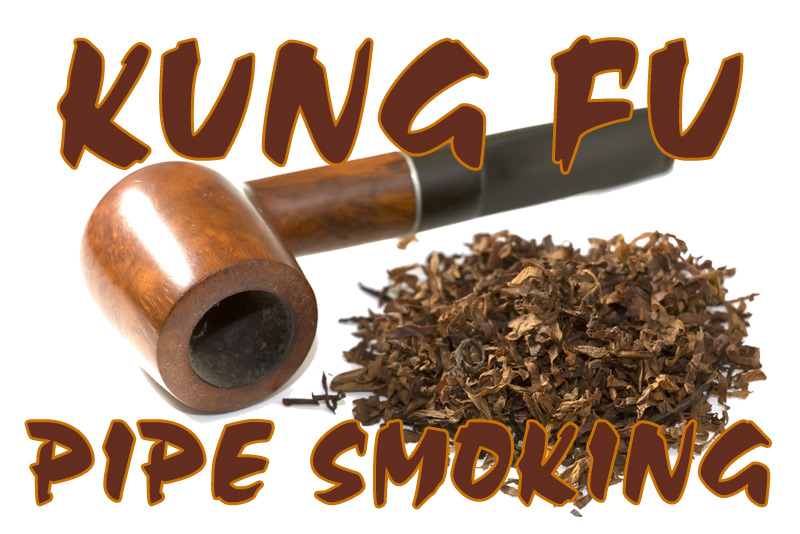Why is it that Caucasians refer to everything Asian, but more specifically Chinese as "Kung-Fu" this, and "Kung-Fu" that. To an Asian, it's relatively offensive to refer to everything with a 'Kung Fu' moniker.
Actually, it is the correct way to refer to anything someone does as an intrinsic and ritualistic part of their life. For instance, serious traditional tea drinkers in the Chinese style refer to the traditional way of making tea in yi xing as Gung Fu Te. Gong fu simply means "the way" and is not only applied to the martial arts. This ideal is well expressed in the Chuang Tzu tale of the butcher and I can certainly see pipe smoking as a zen practice of sorts.
"Ting the cook was cutting meat free from the bones of an ox for Lord Wen-hui. His hands danced as his shoulders turned with the step of his foot and bending of his knee. With a shush and a hush, the blade sang following his lead, never missing a note. Ting and his blade moved as though dancing to “The Mulberry Grove,” or as if conducting the “Ching-shou” with a full orchestra.
Lord Wen-hui exclaimed, “What a joy! It’s good, is it not, that such a simple craft can be so elevated?”
Ting laid aside his knife. “All I care about is the Way. If find it in my craft, that’s all. When I first butchered an ox, I saw nothing but ox meat. It took three years for me to see the whole ox. Now I go out to meet it with my whole spirit and don’t think only about what meets the eye. Sensing and knowing stop. The spirit goes where it will, following the natural contours, revealing large cavities, leading the blade through openings, moving onward according to actual form — yet not touching the central arteries or tendons and ligaments, much less touching bone.
“A good cook need sharpen his blade but once a year. He cuts cleanly. An awkward cook sharpens his knife every month. He chops. I’ve used this knife for nineteen years, carving thousands of oxen. Still the blade is as sharp as the first time it was lifted from the whetstone. At the joints there are spaces, and the blade has no thickness. Entering with no thickness where there is space, the blade may move freely where it will: there’s plenty of room to move. Thus, after nineteen years, my knife remains as sharp as it was that first day.
“Even so, there are always difficult places, and when I see rough going ahead, my heart offers proper respect as I pause to look deeply into it. Then I work slowly, moving my blade with increasing subtlety until — kerplop! — meat falls apart like a crumbling clod of earth. I then raise my knife and assess my work until I’m fully satisfied. Then I give my knife a good cleaning and put it carefully away.”
Lord Wen-hui said, “That’s good, indeed! Ting the cook has shown me how to find the Way to nurture life.”








